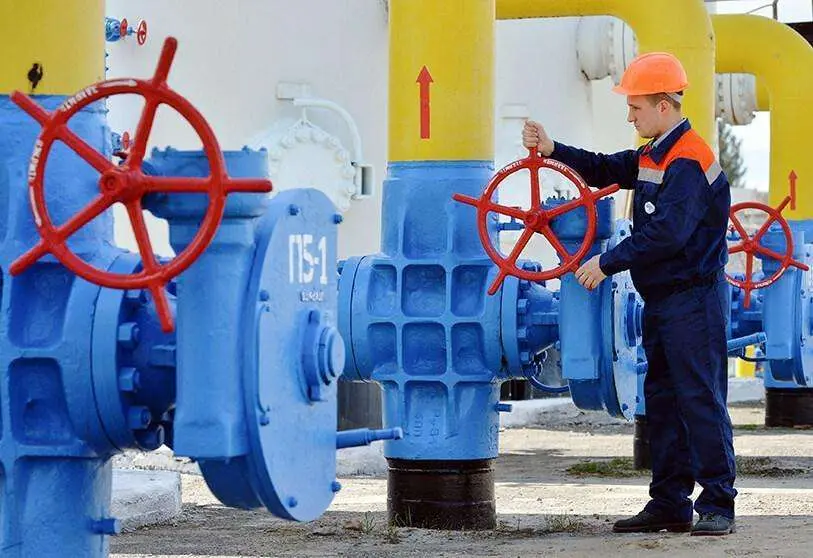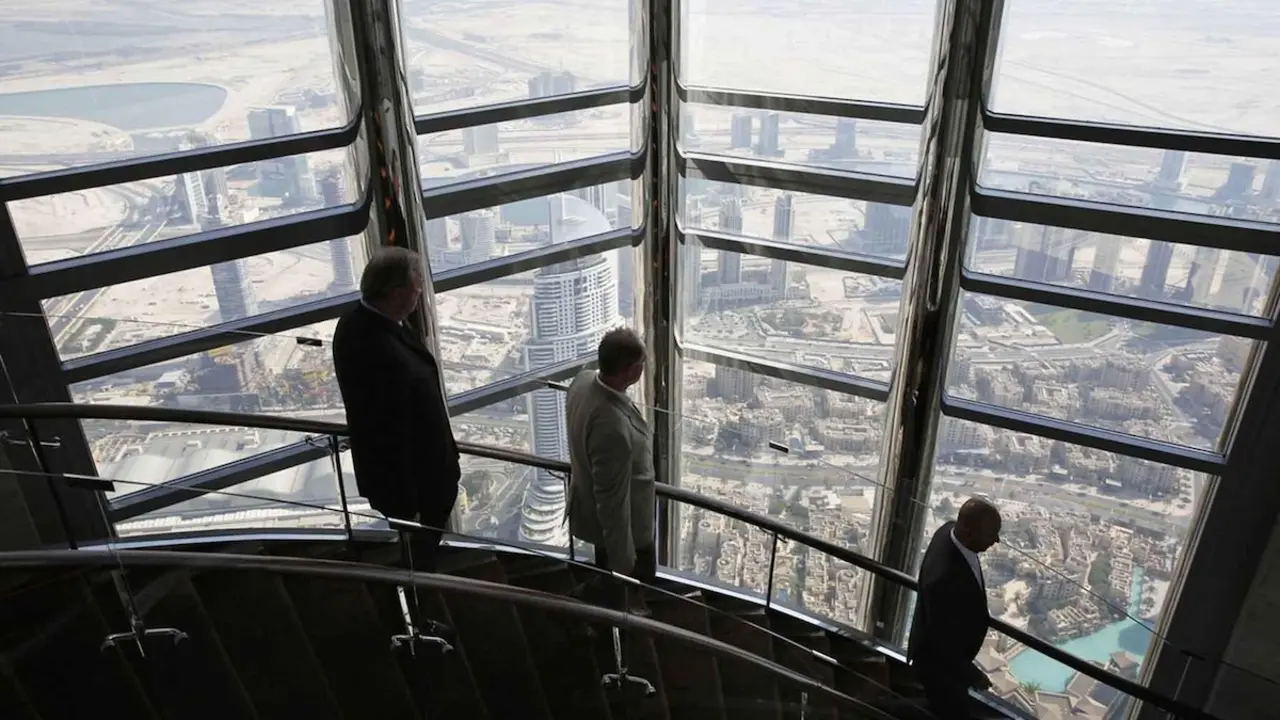Gas prices fall in Europe and US on Brussels plan and recession fears

The price of natural gas falls in the European and US markets. Prices are still above those recorded in the same period last year and remain at historic levels. While prices have been falling in recent weeks, in the United States they are down 24% in a month, and this trend worsened with a drop of almost 7% to six dollars per billion British thermal units (btu), the lowest level in the last three months. On Tuesday, they were down around 2%.
In Europe, although tensions over the war in Ukraine forecast a difficult winter, gas prices are at levels far below those of two months ago. Gas futures (TTF) for December delivery show a price of 143 euros per megawatt hour, while on 26 August the price was 349 euros.
What is the reason for this trajectory at a time when the war is going through a threatening phase? For the experts, there are several factors that can explain the turnaround. Some are positive, others negative. On the one hand, there is the reaction of the European Union, which has drawn up a plan containing numerous measures aimed at securing supplies, diversifying suppliers and gradually reducing dependence on Russia, which has used raw materials as a weapon of war.

The EC is also trying to implement ways to reduce consumption and is opening its hand to public aid. The EU's energy plan will be on the table at the summit on 20-21 October. The meeting will also discuss joint gas purchases.
Another issue that may prevent prices, including oil prices, from continuing at record levels is the spectre of recession in major economies around the world, as well as the high inflation that comes with interest rate hikes by central banks. The latest report from the US energy agency shows that the country's utilities have increased gas reserves.
These developments cannot, however, hide a very complex picture as the cold season begins in the northern hemisphere. And with supply tensions with many nations, including China, prioritising securing supplies for their companies and citizens, which means high competition to build up their reserves.








